Achieving the best results from chemical peels involves more than just the treatment itself. Understanding the dos and don’ts, particularly how to adjust for each season, is important for maintaining optimal skin health and maximizing the benefits of your peel.
Knowing what to do and what to avoid can make all the difference in your skin’s recovery and overall appearance. Read on to discover essential tips and guidelines for navigating chemical peels throughout the year.
What are Chemical Peels?
Chemical peels are cosmetic treatments that use a chemical solution to exfoliate the skin. They effectively remove dead skin cells, promote the growth of new skin, and address various skin concerns such as acne, hyperpigmentation, fine lines, and uneven texture.
How They Work
Chemical peels work by applying an acid solution to the skin, which causes the outer layer to peel off. This process reveals a new, smoother layer of skin underneath. Depending on the strength and type of peel, the depth of exfoliation can vary from superficial to deep, targeting different skin layers.
Benefits
Chemical peels offer the following benefits:
- Skin Exfoliation. Removes dead skin cells, revealing fresher skin.
- Acne Treatment. Helps unclog pores and reduce breakouts.
- Improves Skin Texture. Smoothens rough patches and evens skin tone.
- Reduces Fine Lines. Minimizes the appearance of fine lines and wrinkles.
- Lightens Hyperpigmentation. Fades dark spots and discoloration.
Chemical Peels We Offer
At Luminare Aesthetics & Wellness, we offer a variety of chemical peels tailored to different skin needs:
Deep Chemical Peel by Epionce
This skin resurfacing peel is designed for deep exfoliation, targeting severe skin issues such as deep wrinkles, significant sun damage, and prominent acne scars. It penetrates several layers of skin to promote extensive regeneration.
Lite Chemical Peel by Epionce
A gentler option, the Lite Chemical Peel is suitable for those with sensitive skin or those seeking mild exfoliation. It helps improve skin texture and tone with minimal downtime.
Perfect Derma Peel + 2 Week Dermaplane
Combining the Perfect Derma Peel with a 2-week dermaplane session offers comprehensive skin rejuvenation. This treatment addresses multiple skin concerns, including acne, fine lines, and pigmentation, while enhancing overall skin smoothness.

Adjusting Chemical Peels Each Season and Other Tips
Understanding the significance of adjusting your chemical exfoliation treatments according to the seasons is crucial for achieving and maintaining optimal skin health. Missouri’s distinct seasonal changes bring varied environmental conditions that can impact your skin differently throughout the year.
Adapting your skincare routine, particularly chemical peels, to these seasonal shifts can enhance the effectiveness of the treatment and ensure your skin remains healthy and vibrant.
Summer
Summer brings intense sun exposure, which requires extra caution when it comes to facial peels. The heightened UV radiation can significantly increase the risk of complications such as sunburn, hyperpigmentation, and even post-inflammatory hyperpigmentation (PIH) if the skin is not properly protected.
During the summer, it’s best to avoid deep peels that remove multiple layers of skin, as they can make your skin highly sensitive to the sun. Instead, opt for light, superficial peels that provide gentle exfoliation without compromising your skin’s barrier.
Consistent application of broad-spectrum sunscreen, wearing protective clothing, and seeking shade will help prevent UV-induced damage and maintain the benefits of your peel.
Dos:
- Sunscreen. Apply and reapply sunscreen throughout the day.
- Light Peels. Stick to superficial peels that do not require extensive recovery.
- Hydration. Keep skin hydrated with lightweight, non-comedogenic moisturizers.
Don’ts:
- Avoid Direct Sun Exposure. Minimize sun exposure, especially during peak hours.
- Deep Peels. Postpone deeper peels until fall to prevent UV damage.
Spring
As spring arrives, temperatures begin to rise, and your skin can become more sensitive to sunlight. During this season, it is essential to focus on hydration and sun protection. The increase in UV exposure can make your skin more prone to sunburn and hyperpigmentation following a chemical peel.
Therefore, spring is an excellent time for lighter peels that prepare your skin for the summer months. These milder treatments can help rejuvenate the skin after the harsh winter without causing excessive sensitivity or irritation.
Coupling your peel with a robust sunscreen routine and hydrating serums will help protect and maintain your results.
Dos:
- Hydrate. Use hydrating serums and moisturizers to maintain skin moisture.
- Sun Protection. Apply a broad-spectrum sunscreen with at least SPF 30 daily.
- Light Peels. Opt for milder peels to prepare the skin for summer.
Don’ts:
- Avoid Deep Peels. Steer clear of aggressive treatments that can increase sun sensitivity.
- Over-Exfoliate. Don’t combine chemical peels with other exfoliating treatments too frequently.
Fall
Autumn is considered an ideal time for more intensive chemical peel treatments. The cooler weather reduces the risk of sunburn, allowing your skin to heal more effectively from deeper peels. This season is perfect for addressing the cumulative sun damage acquired during the summer.
Medium to deep peels can help remove dead skin cells, diminish sunspots, and improve overall skin texture. Additionally, the lower UV index during fall provides a safer environment for your skin to recover and regenerate, making it a prime time for more aggressive treatments aimed at rejuvenating and preparing your skin for the upcoming winter months.
Dos:
- Deep Peels. Take advantage of the cooler weather for more intensive peels.
- Sun Protection. Continue using sunscreen as UV exposure is still a concern.
- Moisturize. Use nourishing moisturizers to support skin recovery.
Don’ts:
- Neglect Hydration. Don’t forget to keep your skin hydrated as the weather starts to dry out.
- Ignore Aftercare. Follow aftercare instructions carefully to maximize peel benefits.
Winter
Winter poses its own set of challenges for your skin, primarily due to the cold, dry air that can lead to dehydration and a compromised skin barrier. During this season, deep hydration and barrier protection are vital. Chemical peels can be highly beneficial in winter as they help remove dry, flaky skin, promoting a smoother and more hydrated complexion.
However, it is essential to pair your peel with rich, nourishing moisturizers to prevent excessive dryness and irritation. Post-peel care should include intensive hydrating serums, occlusive moisturizers, and consistent sun protection, even in the winter, as UV rays can still penetrate through clouds and reflect off snow.
By tailoring your chemical peel treatments to the seasonal needs of your skin, you can optimize the results and maintain a healthy, radiant complexion year-round. Adjusting the intensity of your peels, enhancing your skincare regimen with season-appropriate products, and protecting your skin from environmental stressors are key steps to achieving the best possible outcomes from your chemical peel treatments.
Dos:
- Rich Moisturizers. Use thick, hydrating creams to combat dryness.
- Protect Skin. Wear protective clothing and scarves to shield your skin from harsh winds.
- Regular Peels. Maintain a regular peel schedule to keep skin smooth and rejuvenated.
Don’ts:
- Hot Showers. Avoid hot showers that can strip the skin of essential oils.
- Neglect Sunscreen. Continue using sunscreen even during overcast days.

Adjusting your chemical peel routine for each season is vital for achieving and maintaining beautiful, healthy skin. By following these seasonal dos and don’ts, you can guarantee that your skin remains radiant and rejuvenated all year round.
For personalized advice and professional chemical peel treatments, contact Luminare Aesthetics & Wellness in Liberty and Blue Springs, MO, at 816-272-1477. Our experts are here to help you achieve your best skin yet!


